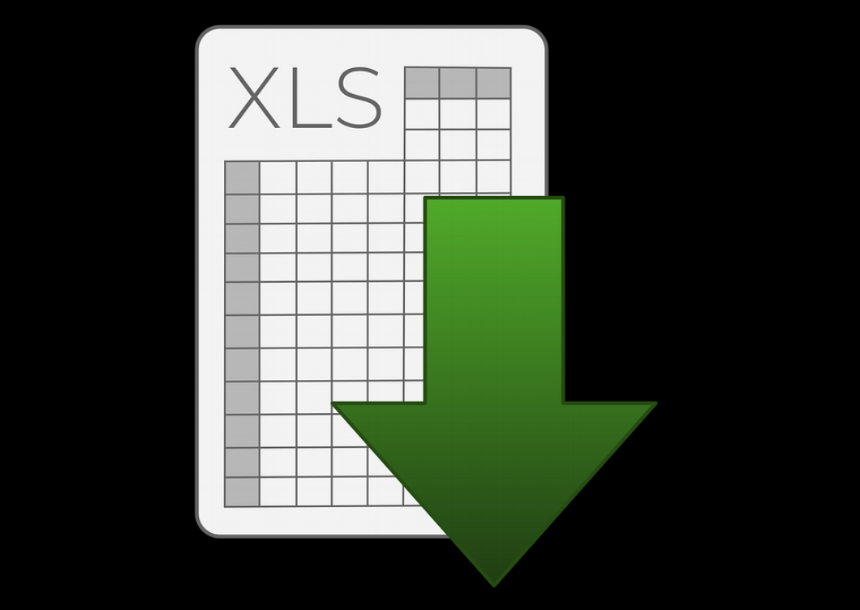HeinOnline has recently announced the release of Phase I of the U.S. Congressional Serial Set. The digitization of these documents was and is a vast undertaking, considering that the set spans more than two centuries and includes more than 17,000 bound volumes. The ability to access these documents in one database is of great importance to legislative history researchers and history buffs alike.
For those of you who may not know, the U.S. Congressional Serial Set is comprised of House and Senate documents, reports, and journals, first published in 1817 for the 15th Congress. Examples of congressional documents include letters submitted to the House or Senate, presidential messages, patent decisions, diplomatic papers detailing the foreign relations of the United States at a given time, and Senate treaty documents, to name a few. The release also includes access to the American State Papers, legislative and executive documents published between 1789-1838 in 38 volumes. The documents contained in the American State Papers predate the U.S. Congressional Serial Set and comprise the 1st through 25th Congresses. The papers are divided into 10 classes: Foreign Relations, Indian Affairs, Finances, Commerce and Navigation, Military Affairs, Naval Affairs, Post Office Department, Public Lands, Claims, and Miscellaneous. Of note: the very first document in the set is the inaugural speech of President Washington delivered on Thursday, April 30, 1789.
With the U.S. Congressional Serial Set, researchers also have access to these additional resources:
Congressional documents and reports from the 114th-115th Congress (2015-2019);
American Indian Documents in the Congressional Serial set 1817-1899;
Overview of the U.S. Congressional Serial Set;
Using the Congressional Serial Set for Genealogical Research, and
U.S. Congressional Serial Set: What It Is and Its History.
As with other HeinOnline databases and libraries, searching the Serial Set could not be easier. There is a Volume & Citation Quick Locator for those who already know the volume or particular citation. Researchers can also browse through the list of Congress numbers to find the desired volume. You can also search by Congress, document number, keywords, title, volume and/or year and narrow your search to specific sections, including congressional bills, House reports, Senate reports, Senate treaty documents, etc. HeinOnline has also provided direct links to specific Serial Set volumes that are not yet available on its database but have been digitized and are accessible at the HathiTrust Digital Library.







